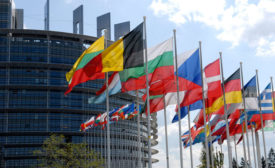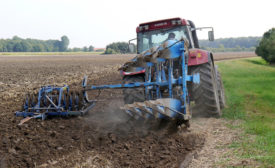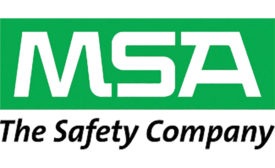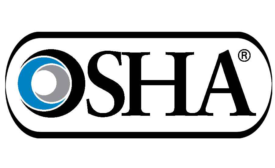Environmental Health and Safety
Visit MSA booth 1402 @ AIHce 2019
See the latest safety solutions, test new products & challenge your gaming skills
May 14, 2019
Become a Leader in Safety Culture
Build your knowledge with ISHN, covering key safety, health and industrial hygiene news, products, and trends.
JOIN TODAYCopyright ©2025. All Rights Reserved BNP Media.
Design, CMS, Hosting & Web Development :: ePublishing









